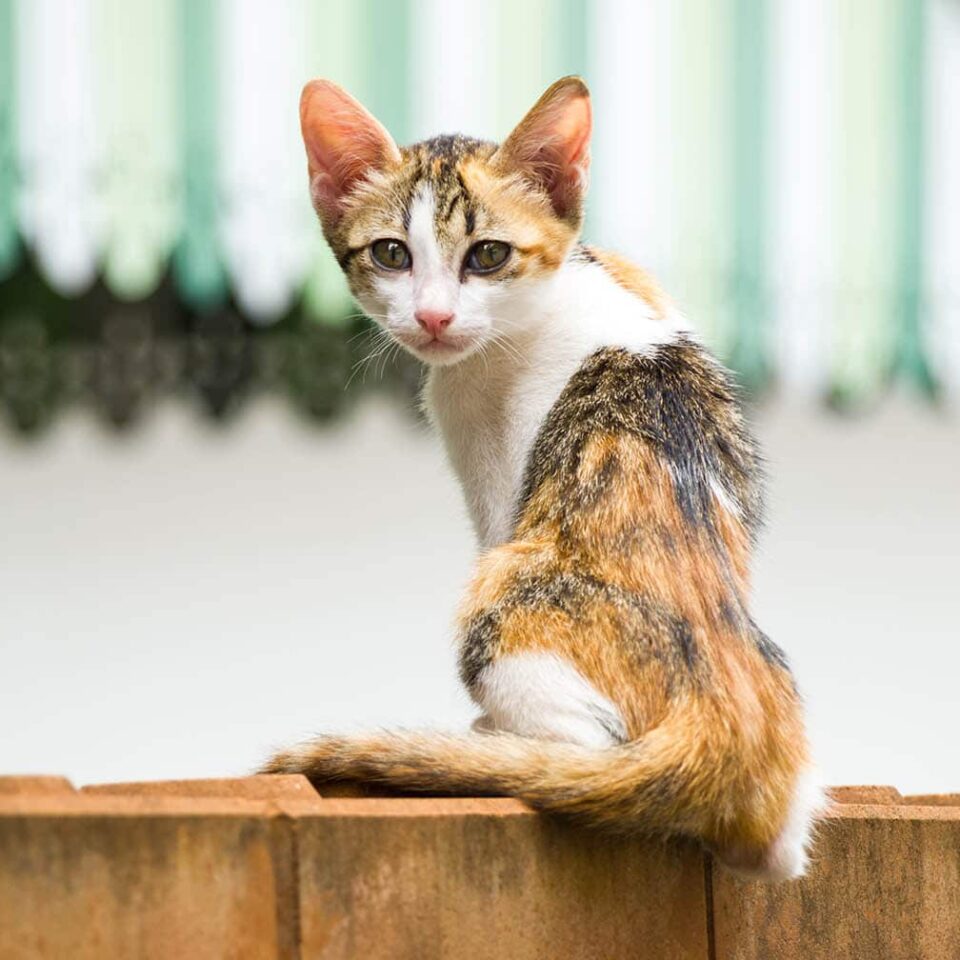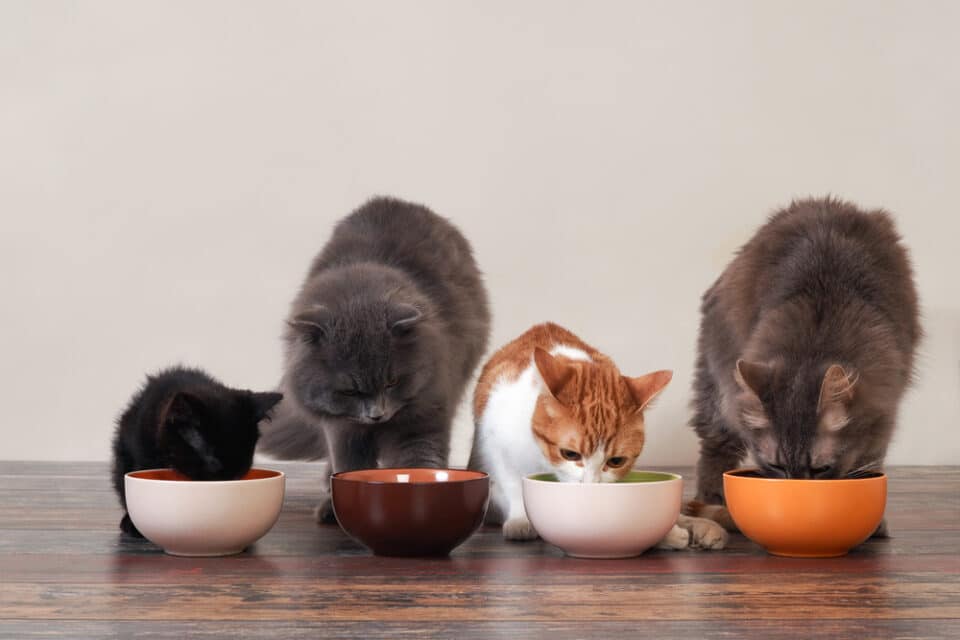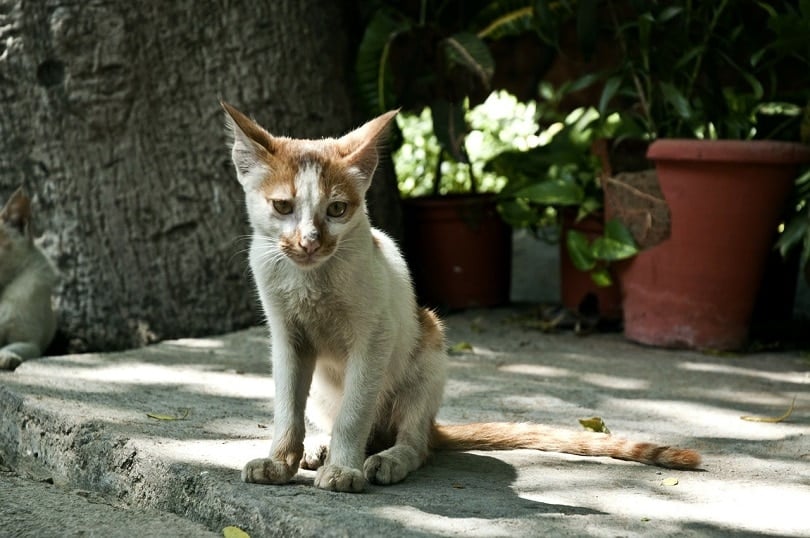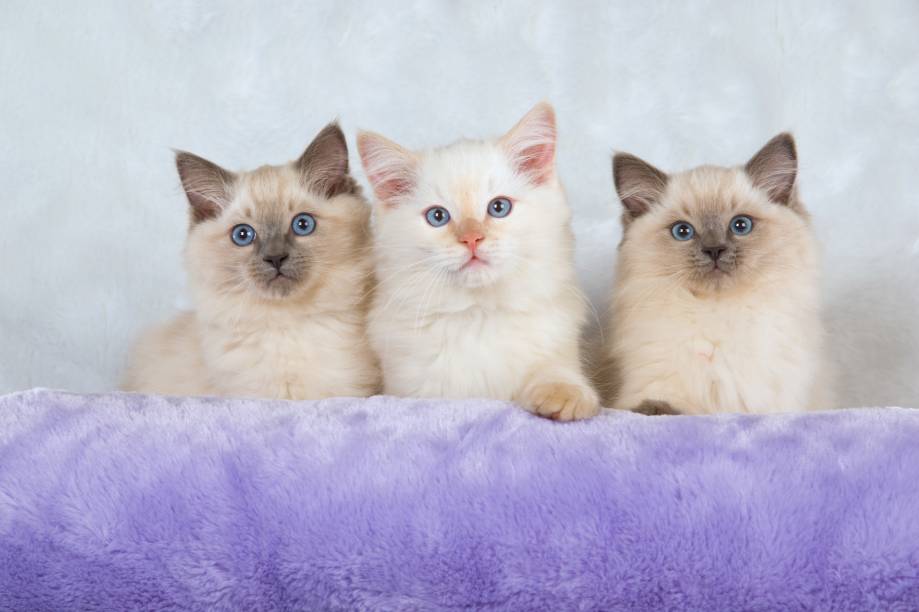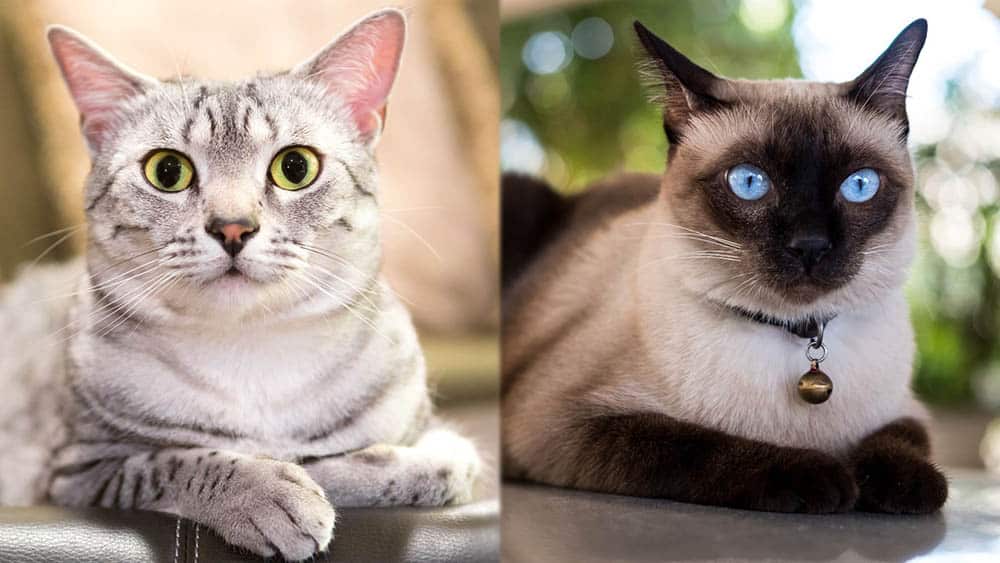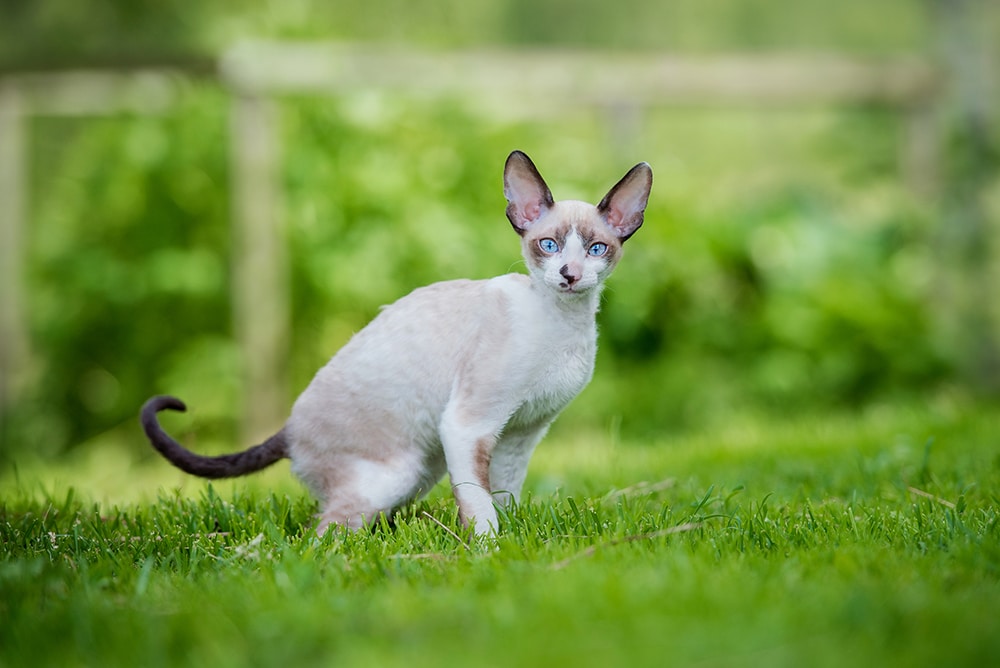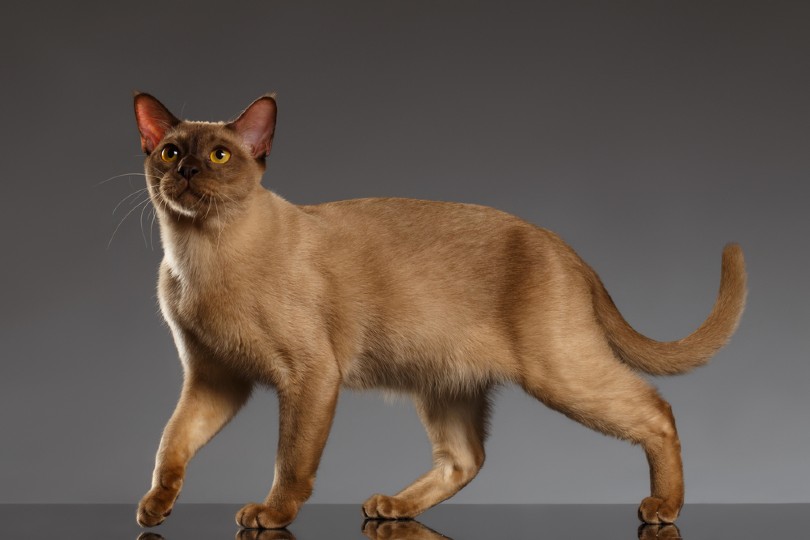Worried your cat might be losing too much weight? Here’s how to tell.
- Feel your cat’s ribs to get clues about their weight.
- A Body Condition Score helps check if your cat is fit.
- Watch for signs like bad breath or lethargy.
- Keep track of your cat’s eating habits to ensure they’re getting enough.
Cats can sometimes lose weight for no apparent reason, which can be concerning. If you suspect this is the case, there’s no need to panic just yet. Begin by gently feeling your cat’s ribs. If they feel like your knuckles, your furry friend might be on the skinnier side. Conversely, if their ribs feel more like your palm, they could be overweight.
The Body Condition Score (BCS) is another excellent tool to help determine your cat’s weight status. Think of it as the feline equivalent of the Body Mass Index (BMI) for humans. You can find BCS charts online or at your local vet’s office. They rate pets from too skinny to just right or overweight. Using this, you can get a clearer picture of your cat’s health.
Several factors could cause your cat’s sudden weight loss. Stress, dental diseases, and organ dysfunction are a few reasons your cat might not be eating as much as they should or is losing weight. Notably, older cats can lose weight due to declining organ function and muscle mass.
One practical step is to keep an eye on how your cat eats. If they leave food in the bowl or seem hungrier than usual, there could be an issue. Ensure another pet isn’t eating their share, and try feeding cats in separate rooms if necessary. This minimizes competition and ensures everyone gets their fair portion.
You should also be aware of various signs related to weight loss. Watch for symptoms such as bad breath, diarrhea, drooling, and vomiting. Other signs include eating more or less than usual, changes in drinking habits, and a general lack of energy. A change in your cat’s coat condition might also be worth noting. If your furry companion shows these signs, contacting a vet is advised.
Once underlying health issues are ruled out, some adjustments can help your cat gain weight. Sometimes adding more meals or allowing your cat to graze might be all it takes. Changing their food to something more appealing or separating them from potential food thieves may also work wonders.
In many cases, adjusting the environment can make meals more pleasant. If your cat’s bowl is near a noisy appliance, consider moving it. A quieter space might encourage them to eat better.
Staying observant and making simple changes can ensure your cat maintains a healthy weight.
